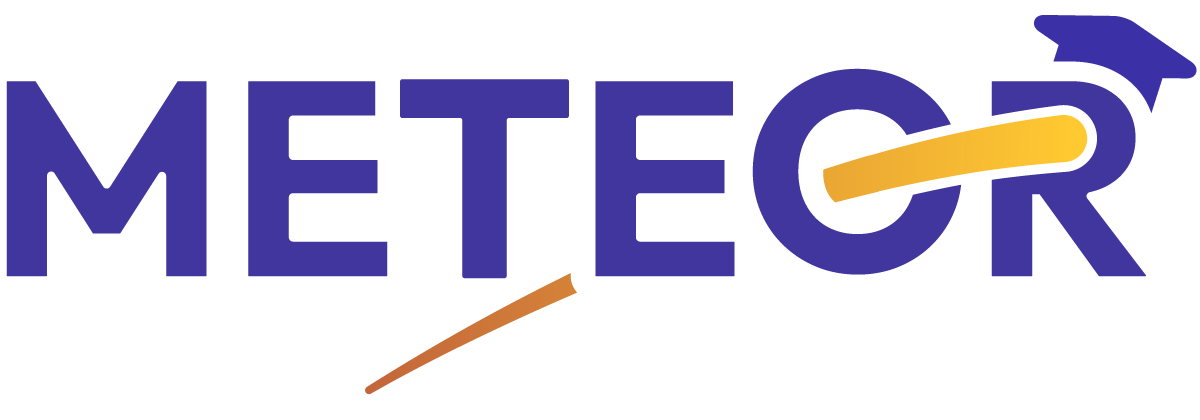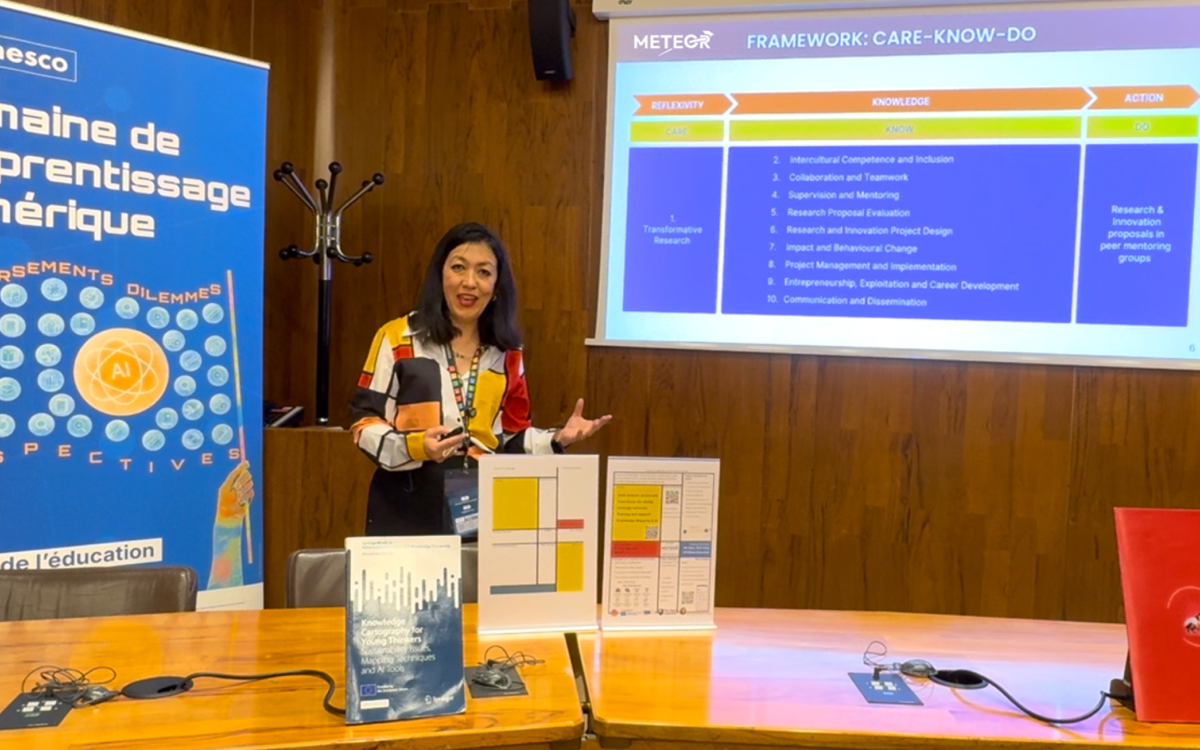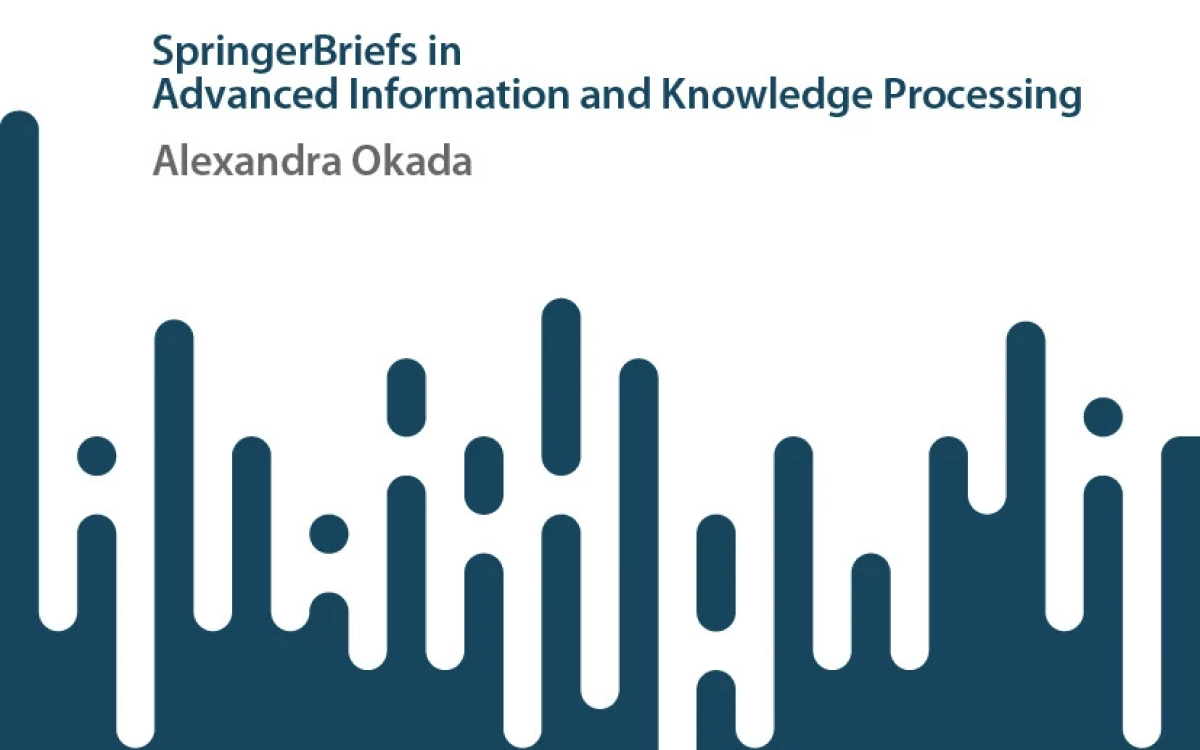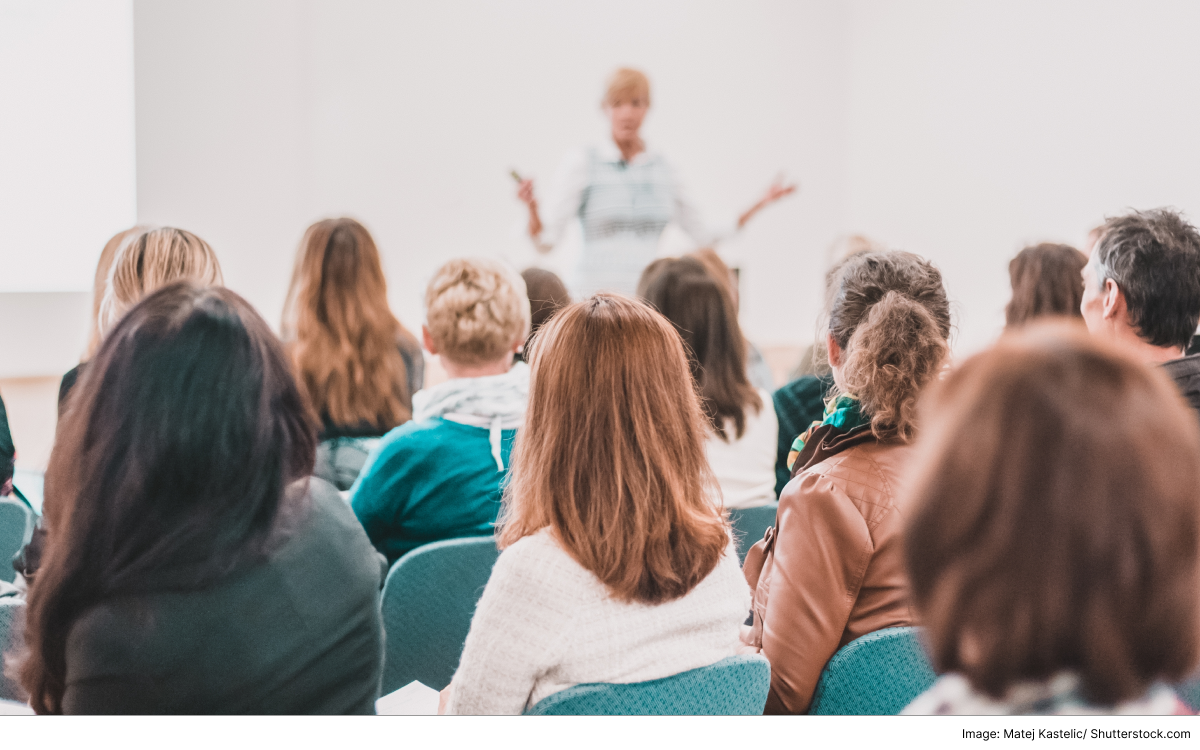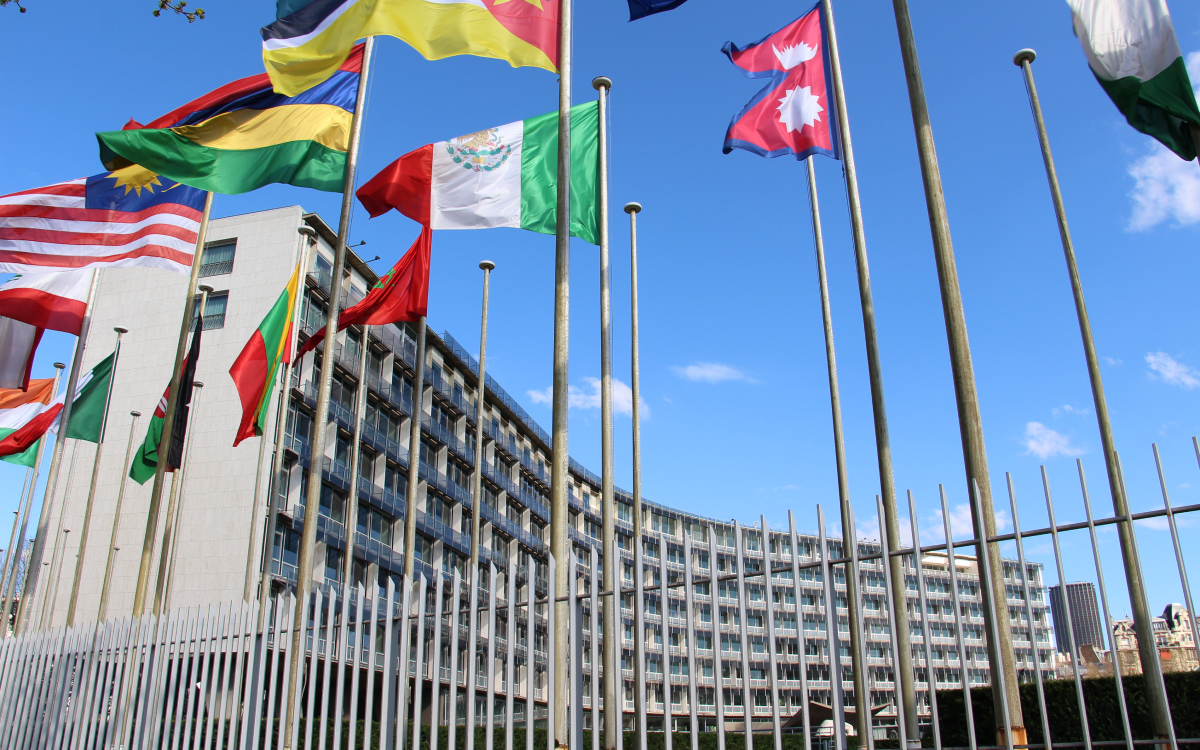
Transforming Education for a Sustainable Future: The Global Education Coalition and METEOR Project
Cover image: Paris UNESCO, Source; Wikimedia Commons
Dr Alexandra Okada, Open University UK, ale.okada@open.ac.uk
With just five years remaining to achieve Sustainable Development Goal 4 (SDG4), how can UNESCO’s Global Education Coalition and the innovative METEOR Project contribute to sustainable education transformation? These initiatives explore the power of collaboration and innovation to reshape learning for the future. By uniting global partners and strengthening education systems, they aim to drive equity, resilience, and long-term impact. While no single initiative can address all challenges, could these efforts serve as catalysts for meaningful progress?
The UNESCO Global Education Coalition (GEC, 2025) has evolved into a dynamic network of over 200 institutional partners including The Open University, united by a common goal—to advance quality education and promote lifelong learning. With time running short to achieve Sustainable Development Goal 4, both GEC and the METEOR project funded by the European Union with thirteen partners in South America and Europe are bringing diverse expertise to address complex educational challenges through coordinated, cross-sectoral approaches.
The Global Education Coalition’s Mission
The Global Education Coalition (GEC) currently operates through several key missions, each addressing critical educational needs:
- Global Skills Academy (GSA): This mission focuses on developing digital and transversal skills to enhance employability. It aims to equip learners with the skills necessary for the future workforce, emphasizing the integration of technology and AI in education.
- Global Teacher Campus (GTC): The goal here is to empower one million teachers by providing them with digital skills and professional development opportunities. This initiative is crucial for ensuring that educators are equipped to meet the evolving needs of students in a rapidly changing educational landscape.
- Global Learning House (GLH): This mission seeks to create educational pathways for 250 million out-of-school children. It aims to leverage innovative solutions, including technology, to ensure that these children have access to quality education and can reintegrate into formal educational systems.
- Gender-Transformative Education (GTE): This initiative ensures inclusivity, equity, and diversity across all educational levels by promoting gender-transformative education. It seeks to address gender disparities and foster an environment where all learners have equal opportunities to succeed.
In addition to these missions, the GEC is also focusing on new targets for the future, including enhancing teacher digital skills and AI integration, expanding the science of learning for evidence-informed solutions, and developing gender and digital skills through AI. The Coalition’s work is aligned with achieving Sustainable Development Goal 4 (SDG 4) and fostering a collaborative, multistakeholder approach to address emerging educational challenges.
METEOR: Complementary Approaches to Educational Transformation
The METEOR project (Methodologies for Teamworking in Eco-Outwards Research) contributes to the achievement of SDG 4 by advancing quality education through collaborative and inclusive research approaches. It places particular emphasis on enhancing the transversal skills of PhD students and supporting the professional development of early-career researchers through non-formal education. This includes structured learning activities such as online modules, proposal development for addressing the SDGs, skills-training workshops, masterclasses, conferences, seminars, and symposia. Aligned with the Global Education Coalition’s focus on multistakeholder partnerships, METEOR fosters:
- Cross-disciplinary research teams that bring together PhD students, early-career researchers, educators, scientists, senior academics, policymakers, and community stakeholders.
- Co-creation processes that ensure research outputs are relevant and responsive to real-world challenges.
- Eco-centric frameworks that situate educational research within broader environmental and societal contexts.
Principles to integrate GEC and METEOR
This integration enables the project to leverage the Coalition’s existing networks while contributing fresh perspectives on how educational research can respond to pressing global challenges.
The CARE-KNOW-DO Model
As an example of eco-centric framework adopted by METEOR and studies connected to UNESCO frameworks, the CARE-KNOW-DO educational model focuses on empowering learners to care about real-world issues, know how to address these challenges with experts and communities, and do collective actions for sustainability. This integration enables the project to leverage the Coalition’s existing networks while contributing fresh perspectives on how educational research can respond to pressing global challenges. (Okada, 2025; Okada, Gray, 2023; Okada, Sherborne, 2018)
Responsible Research and Innovation
A key focus of METEOR’s contribution to the GEC framework is empowering researchers with responsible research and innovation (RRI) principles. This approach helps better align scientific and technological advancements with societal priorities and open challenges.
By adopting RRI principles, researchers are encouraged to:
- Consider the ethical implications of their work
- Engage with diverse stakeholders throughout the research process
- Ensure their outputs contribute to addressing pressing societal challenges
- Maintain transparency in methods and findings
Building Knowledge through Openness
Achieving the ambitious goals of sustainable education requires more than innovation—it calls for a fundamental shift towards openness in the ways we think, teach, research, and collaborate. The METEOR project and the Global Education Coalition (GEC) reflect this commitment by advancing inclusive, transparent, and participatory approaches across educational systems.
Fostering openness across multiple domains is essential to ensuring that education is accessible, relevant, and equitable for all. This holistic vision includes:
- Open Education – Ensuring learning resources and opportunities are accessible to all, regardless of background or geography
- Open Universities – Bridging the gap between academia and society through community-engaged scholarship
- Open Schooling – Connecting formal education with real-world challenges by linking schools, universities, enterprises, civil society, and policymakers
- Open Science – Promoting transparency by making research methods, data, and outcomes openly available
- Open Technologies – Developing adaptable and user-friendly tools that support inclusive learning and knowledge sharing
- Open Equity, Diversity, and Inclusion – Centring underrepresented voices and ensuring meaningful participation across all levels of education
- Open Democratic Societies – Encouraging civic engagement and collective decision-making through education
This multi-dimensional approach to openness supports the transformation of education systems into drivers of sustainable development and social justice.
Global Education and Digital Transformation
Both the GEC and METEOR recognize that quality education stands as the cornerstone of sustainable development. As highlighted during the Coalition’s annual meetings, we cannot achieve meaningful progress toward environmental sustainability without transforming how we educate future generations. The twin transitions of digitalization and greening in education are central to this transformation.
By leveraging educational emerging technology including critical-safe-ethical use of artificial intelligence while embedding sustainability principles throughout educational systems, we can prepare learners for the complex challenges of our rapidly changing world.
Looking Forward
As both the GEC and METEOR project move forward, their combined focus on sustainable transformation through the twin digital and green transitions in education offers hope for meaningful progress toward SDG 4. The Coalition’s two-year roadmap, announced at the annual meeting, aims to create a sustainable and efficient framework through revised governance and financial models that can adapt to its expansion and reach.
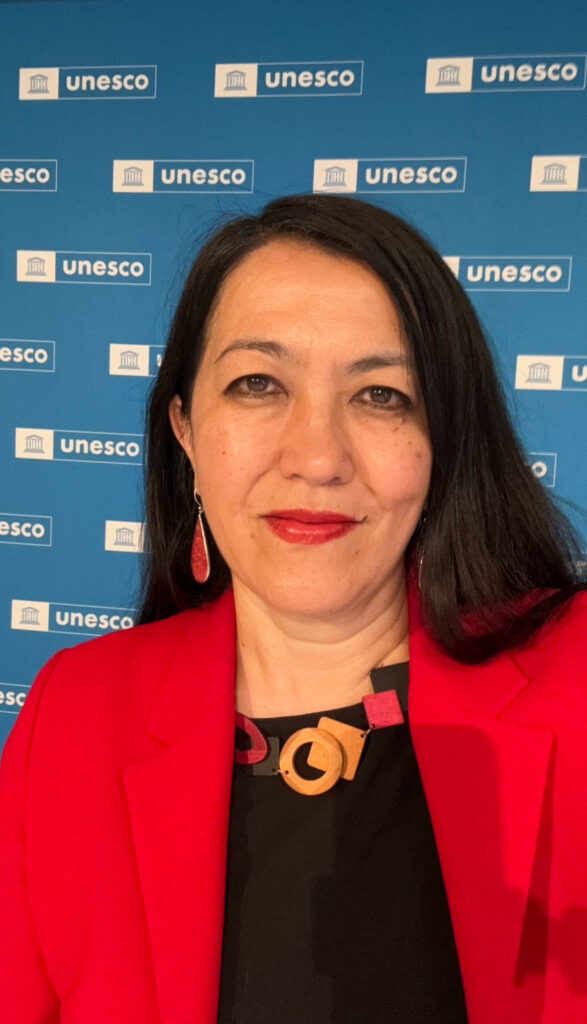
“We cannot scale sustainable solutions in silos. It is only through collective action, coordinated efforts, and shared commitment that we can transform education to meet the challenges of our time.” – Dr. Alexandra Okada (UNESCO GEC Member and Leader of Meteor in the UK)
METEOR’s integration with this vision ensures that research methodologies continue to evolve in response to changing educational needs and environmental challenges with partners in Europe and South America.
With five years remaining to achieve the ambitious goals set out in SDG 4, the partnership between initiatives like the Global Education Coalition and the METEOR project has a key objective of demonstrating how collaborative, multistakeholder approaches can accelerate progress toward quality education for all.
By embracing openness, fostering responsible research, and keeping education quality at the centre of our efforts, we can create educational systems that not only prepare individuals for fulfilling lives but also contribute to building a more sustainable, equitable, and resilient world.
Keywords
Transversal skills, Meteor for SG4, Global Education Coalition, UNESCO, Responsible Research and Innovation, Openness, CARE-KNOW-DO Model, partnerships for acceleration.
Citation
Okada, A. (2025). Transforming Education for a Sustainable Future: The Global Education Coalition and METEOR Project. CCBYSA
Links
UNESCO (2025a) United for SDG4: the Global Education Coalition in action https://www.unesco.org/en/articles/united-sdg4-global-education-coalition-action
UNESCO(2025b) UNESCO’s Global Education Coalition: A multi-sector Coalition to protect the right to education. https://www.unesco.org/en/global-education-coalition
References
Okada, Alexandra; Sherborne, Tony; Panselinas, Giorgos and Kolionis, Georgios (2025). Fostering Transversal Skills Through Open Schooling Supported by the CARE-KNOW-DO Pedagogical Model and the UNESCO AI Competencies Framework. International Journal of Artificial Intelligence in Education. https://link.springer.com/article/10.1007/s40593-025-00458-w
Okada, Alexandra (2024). A self-reported instrument to measure and foster students’ science connection to life with the CARE-KNOW-DO model and open schooling for sustainability. Journal of Research in Science Teaching, 61(10) pp. 2362–2404.
Okada, Alexandra; Panselinas, Giorgos; Bizoi, Mihai; Malagrida, Rosina and Torres, Patricia Lupion (2024). Fostering Transversal Skills through Open Schooling with the CARE-KNOW-DO Framework for Sustainable Education. Sustainability, 16(7), article no. 2794.
Okada, Alexandra and Gray, Peter Barry (2023). A Climate Change and Sustainability Education Movement: Networks, Open Schooling, and the ‘CARE-KNOW-DO’ Framework. Sustainability, 15(3), article no. 2356.
Okada, Alexandra and Sherborne, Tony (2018). Equipping the Next Generation for Responsible Research and Innovation with Open Educational Resources, Open Courses, Open Communities and Open Schooling: An Impact Case Study in Brazil. Journal of Interactive Media In Education, 1(18) pp. 1–15.
UNITED NATIONS (2024). Sustainable Development Goals Report 2024. United Nations.
UNESCO (2018). Issues and Trends in Education for Sustainable Development.
UNESCO (2017). Education for Sustainable Development Goals: Learning Objectives.
UNESCO (2014). Integrating transversal competencies in education policy and practice. ERI-Net, UNESCO, Bangkok.
